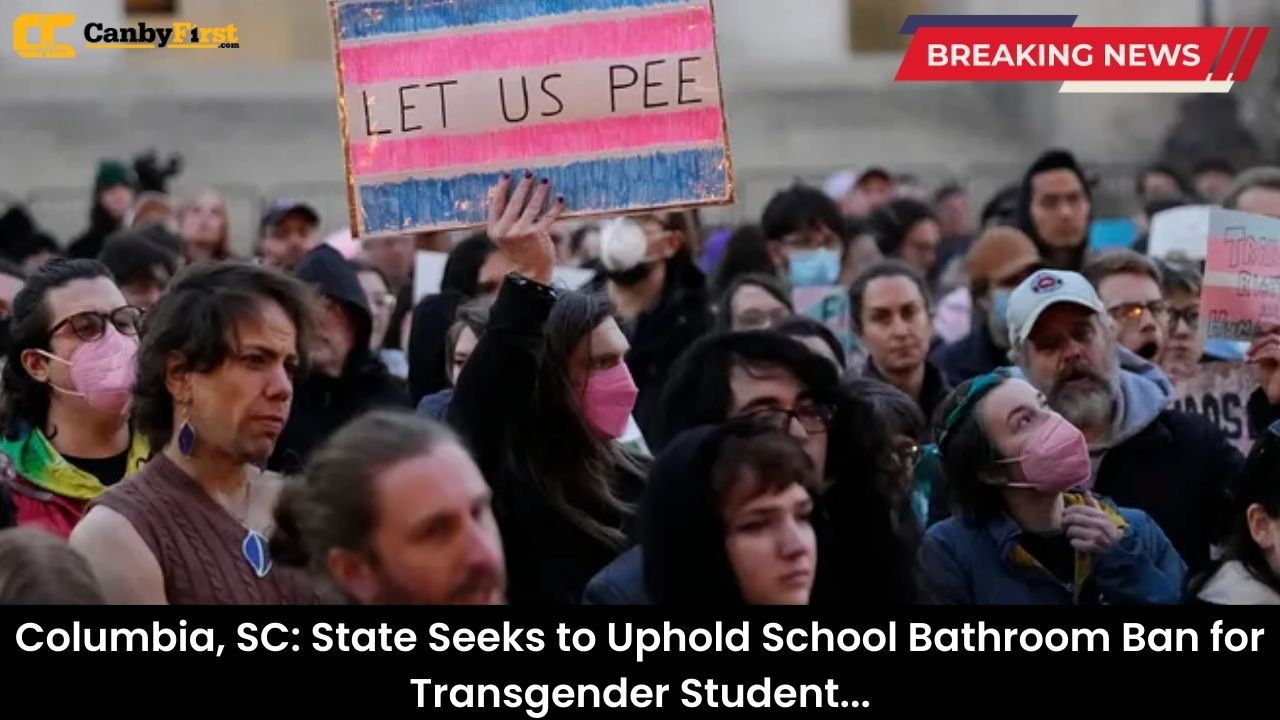Denver, US: The U.S. Department of Education (DOE) has ruled that Denver Public Schools’ (DPS) all-gender bathroom policy violates Title IX guidelines, setting off a flurry of reactions among parents, students, educators and civil rights advocates.
DOE’s Title IX Determination
On Thursday, the DOE’s Office for Civil Rights (OCR) concluded an investigation initiated earlier this year after complaints were filed by a group of parents. The DOE found that DPS’s policy—which allows any student to use any restroom or locker room facility based on gender identity—fails to adequately protect the privacy rights of all students and inadvertently creates an environment where harassment or discomfort may occur.
According to the DOE’s determination letter, DPS did not sufficiently consider measures such as individual private stalls, separate changing areas, or parental notification mechanisms. The OCR concluded this deficiency conflicts with Title IX’s mandate to ensure no student, “on the basis of sex,” is excluded from participation, denied benefits, or subjected to discrimination at any educational program receiving federal funds.
Responses from Denver Public Schools
DPS spokesperson Angela Martinez expressed disappointment with the DOE’s findings but affirmed the district’s commitment to inclusivity and student safety. “Our all-gender bathroom policy was implemented to support transgender and nonbinary students facing exclusion. We respect the DOE’s concerns and will work in good faith to address them,” Martinez said.
School board member Jordan Lewis announced an emergency meeting next week to discuss policy revisions. “We are exploring options such as offering private bathrooms with single occupancy, installing lockable stalls, and updating signage to better inform parents and students,” Lewis noted.
Reactions from Students and Parents
For many LGBTQ+ students, the all-gender facilities have meant relief from discrimination and exclusion. High school junior Maya Thompson said, “Using the girls’ restroom without fear of pushback has been life-changing. I’m worried that separate stalls won’t feel as safe, but I hope we can find a solution that works for everyone.”
Conversely, some parents voiced concern for their children’s privacy. “I respect the intent behind all-gender bathrooms, but my daughter feels uncomfortable sharing space with older boys,” said parent Mark Reynolds, whose daughter attends East High School. “We need clear boundaries to protect all kids’ comfort and security.”
Legal and Policy Implications
Title IX, enacted in 1972, prohibits sex-based discrimination in federally funded education programs. While it does not explicitly address transgender rights, DOE guidance under both Democratic and Republican administrations has underscored schools’ obligations to prevent discrimination against students based on gender identity.
Legal experts caution that DPS now faces a choice: revise the current policy to comply with DOE guidelines or risk withholding of federal funds. Denver is projected to receive more than $200 million annually from DOE grants and Title I funding. Losing federal support could impact programs for special education, low-income students, and English language learners.
Civil rights attorney Elena Ortiz commented, “The DOE’s ruling highlights the delicate balance schools must strike between fostering inclusion and safeguarding all students’ privacy. Denver’s next steps will likely influence policies nationwide as other districts watch closely.”
Path Forward: Proposed Facility Adjustments
To align with the DOE’s determination, DPS is evaluating several facility adjustments:
-
Single-Occupancy Restrooms: Converting existing restrooms into private, lockable stalls accessible to any student.
-
Separated Changing Areas: Installing enclosed changing spaces within locker rooms to ensure student privacy.
-
Enhanced Signage and Communication: Notifying parents and students about restroom locations and privacy options.
-
Regular Policy Reviews: Establishing a committee—including parents, students, and legal advisors—to periodically assess the policy’s effectiveness.
Superintendent Laura Sanchez emphasized collaboration: “Our goal is to create safe, inclusive, and compliant environments. We invite all stakeholders—students, families, staff, and community leaders—to join our task force and shape these changes.”
National Outlook and Next Steps
Denver’s case may set a precedent as dozens of school districts across the country grapple with restroom and locker room policies for transgender students. As conservative-led states push for restrictions, and progressive districts embrace expansive inclusivity measures, the DOE’s decision in Denver will likely reverberate beyond Colorado.
The OCR has given DPS 90 days to submit a corrective action plan detailing how it will address the deficiencies identified. If the plan fails to meet DOE standards, the agency may initiate enforcement actions, potentially leading to a loss of federal funding.
In the meantime, Denver’s students and families await the outcome of forthcoming policy revisions, hopeful that a balanced solution can ensure both equity and privacy for all.









Leave a Reply